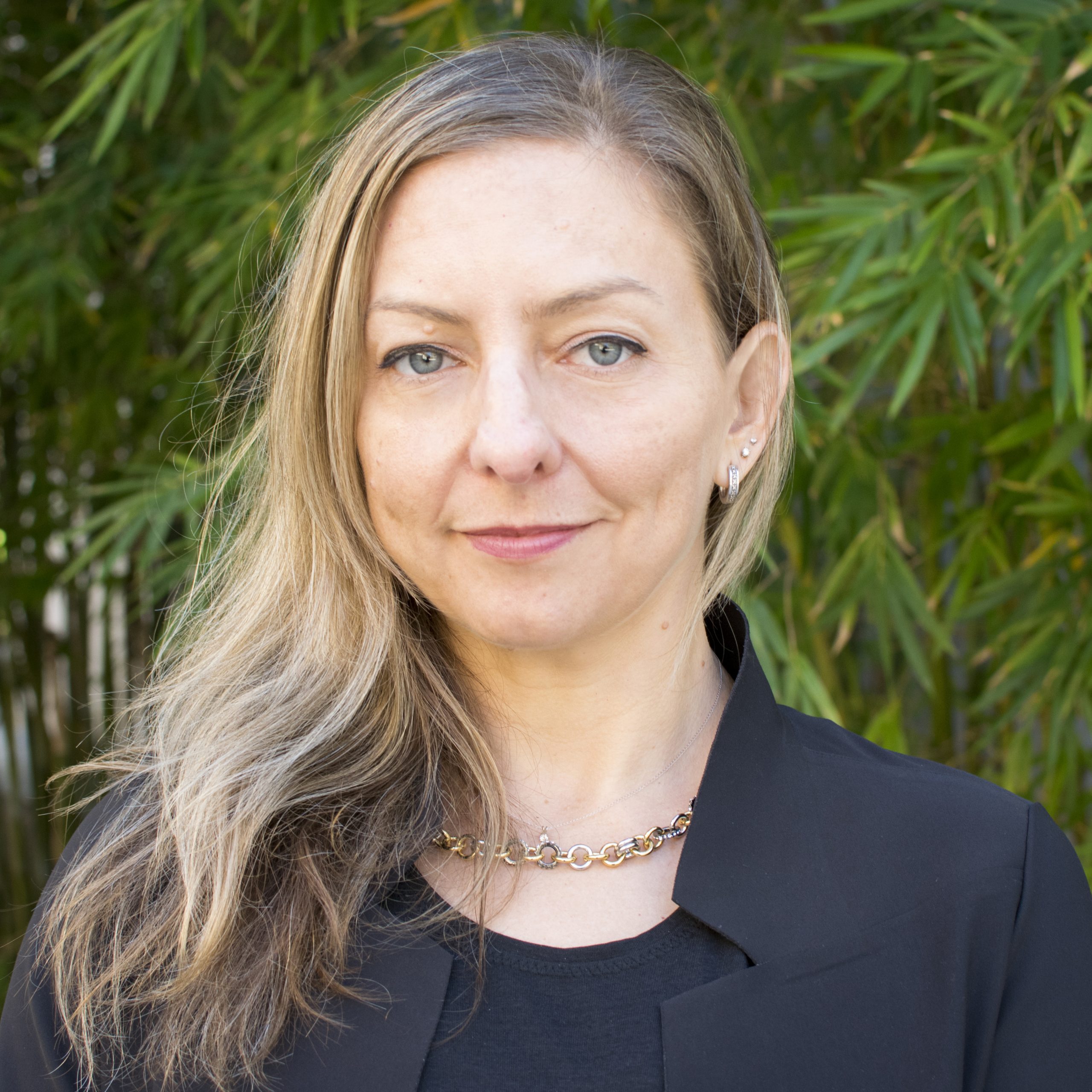Tessa Andermann, MD, MPH
|
|
Assistant Professor Dept. of Medicine, Division of Infectious Diseases School of Medicine University of North Carolina at Chapel Hill Research SummaryDr. Andermann is board certified in Internal Medicine and clinical Infectious Diseases and has expertise in the care of immunocompromised patients. She also has expertise in shotgun metagenomic sequencing of the intestinal microbiome of patients with cancer and her research is a multi-disciplinary approach to understanding human-microbiome interactions that shape infectious and other complications in immunocompromised patients. During her postdoctoral training as an Infectious Diseases fellow at Stanford University, Dr. Andermann established a biorepository of stool samples collected from patients undergoing hematopoietic stem cell transplantation (HCT) which at the present time contains more than 1900 samples from over 800 patients. She also developed and completed a Phase I/II interventional dose-finding clinical trial of fructo-oligosaccharides (FOS) in HCT recipients which demonstrated not only FOS tolerability, but also putative microbiome alterations associated with administration of FOS. She and her colleagues in the lab of Dr. Ami Bhatt at Stanford investigated the gut microbiome as a bacterial reservoir for bloodstream infection (BSI) in patients undergoing HCT (doi:10.1038/s41591-018-0202-8). They demonstrated compelling strain similarity between bacteremia isolates and bacterial members of the gut microbiome for both typically enteric organisms that are known to colonize the gut as well as typically non-enteric pathogens such as Pseudomonas aeruginosa and Staphylococcus epidermidis. These results may challenge pre-existing informal dogma about the origin of BSI in immunocompromised patients. As an Assistant Professor of Medicine in the Division of Infectious Diseases at UNC-Chapel Hill, Dr. Andermann’s research will continue to investigate the impact of the intestinal microbiome on cancer outcomes. Her ultimate goal is to develop microbiome-targeted therapies for the prevention and treatment of infectious diseases in these and other immunocompromised patient populations. Her current projects include:
Relevance of Research to CGIBD Mission: Dr. Andermann’s research interests are directly aligned with the CGIBD’s mission to investigate the role of the intestinal microbiome in disease. She collaborates with members of the CGIBD and benefits from the expertise of the microbiome and biostatistics core.
|
|---|
